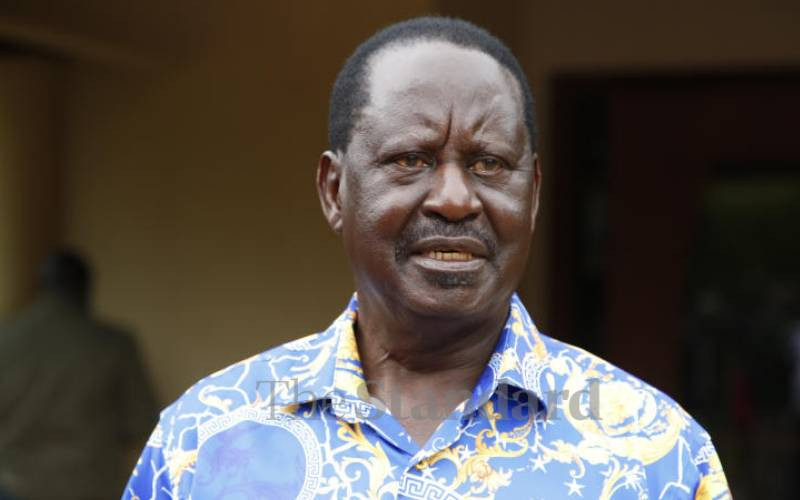×
The Standard e-Paper
Home To Bold Columnists

Students of Kenyan politics know former Prime Minister Raila Odinga did not get the type of devolution he wanted.
During the constitutional review process that birthed the 2010 Constitution, he was initially in the camp that preferred a dozen or so strong regional governments (of the immediate post-independence kind) to the 47 counties. His side lost, and instead of majimbo, they got vijimbo.